The recent history of the European pick-up truck market is an uncharacteristically epic tale of boom and bust, of unexpected twists and turns, new arrivals and sudden exits. It’s a lot more interesting than you might think.
Not so long ago, these vehicles were such big business that almost every major volume car maker was planning an entry. Many wondered if Europe might, like North America, finally and fully embrace the lifestyle pick-up. And now, after brands like Renault, Fiat and even Mercedes-Benz tried - and failed - to establish a presence in the segment, which has been through both rapid expansions and contractions, only the doughtiest operators are left.
The lifestyle experiment certainly left its mark on this segment. Formerly pretty utilitarian machines have become increasingly glamourous and lavishly kitted out, as their makers have wooed private buyers and fleet ‘user-choosers’ with SUV-level comfort and refinement, eye-catching style and family-friendly versatility.
It has certainly worked, evidenced by the number of double-cab pick-up trucks on UK roads. The tax man noticed too, however, so in 2024 HMRC decided to bring things back to earth and eradicated a big part of the tax benefit for double-cab pick-ups – before quickly changing its mind and reversing the decision.
So where does that leave us? Well, pick-ups still make a lot of sense, particularly as a tool for the job. So long as it can carry at least a tonne of payload, it’s possible to claim the VAT back on the purchase price (which is why their prices are usually quoted ex-VAT). And if you're self-employed and use one as a commercial vehicle, you will pay just £320 in VED per year.
If you plan to then also use your company pick-up for private miles, it could be a lot cheaper than an equivalent petrol or diesel car, as pick-ups attract only £792 of company ‘van’ tax per year for 20% taxpayers.
Here's our pick of the best pick-up trucks for 2024.
1. Ford Ranger

Pros: Broad engine range, accurate and composed handling, competitive value
Cons: No electric version (yet), hot Raptor isn't a proper commercial vehicle
An all-new Ford Ranger landed in UK showrooms in 2023, to all intents and purposes as the third-generation model to the UK. This is Britain's most popular small truck. So while the rest of this market has shrunk, Ford has continued to make hay (and no doubt carried it in the Ranger's generously sized load bay) - and if the advancements of the latest-generation model, our new class favourite, are any reliable guide, it should continue to.
While the late-1990s original was developed in partnership with Mazda, this latest iteration (essentially a development of the old T6 one) is the fruit of a commercial vehicle collaboration with Volkswagen that allows the German firm to essentially rebadge the Ranger - after some lightish interior and exterior design tweaks - as the Amarok.


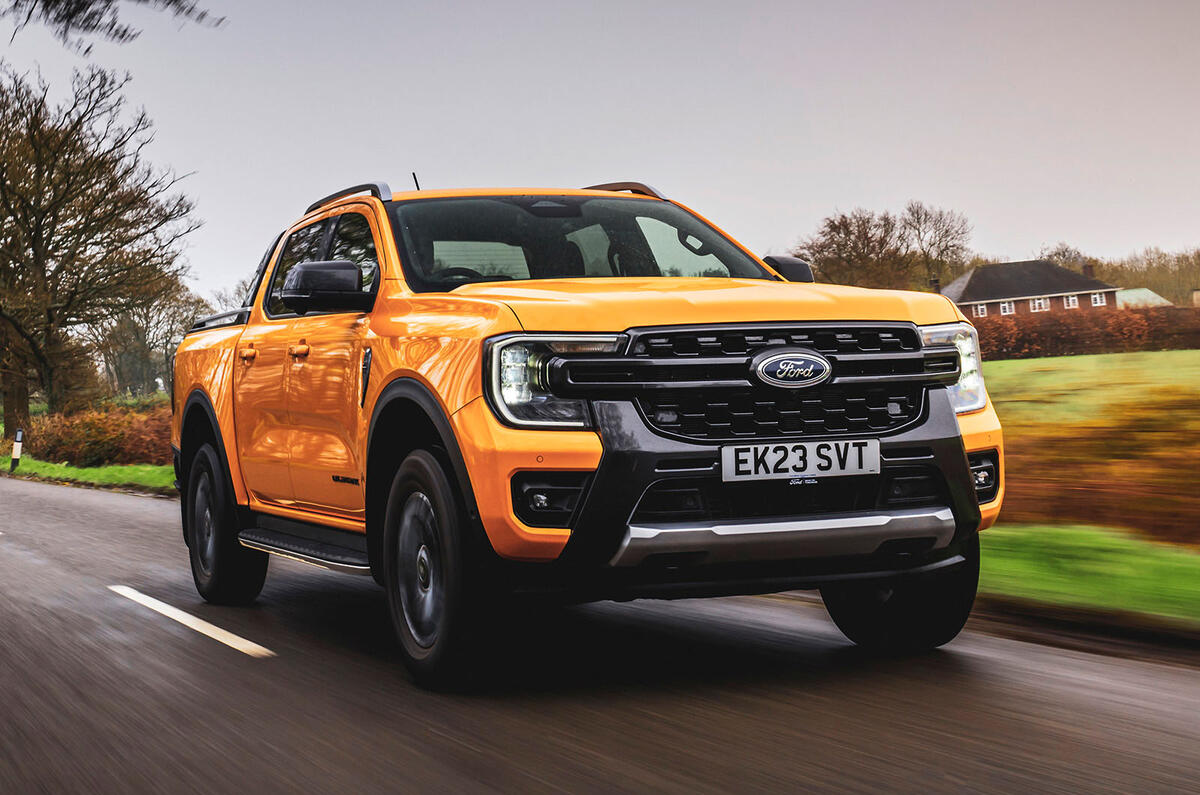
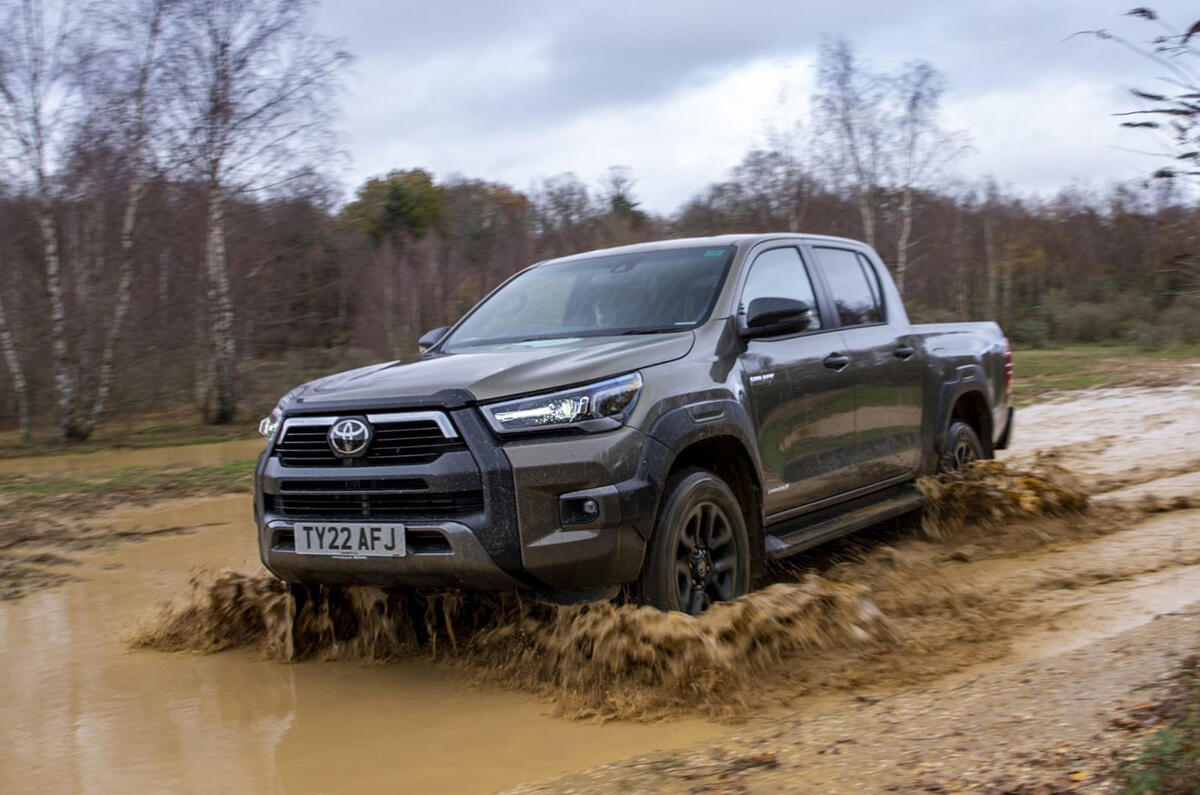
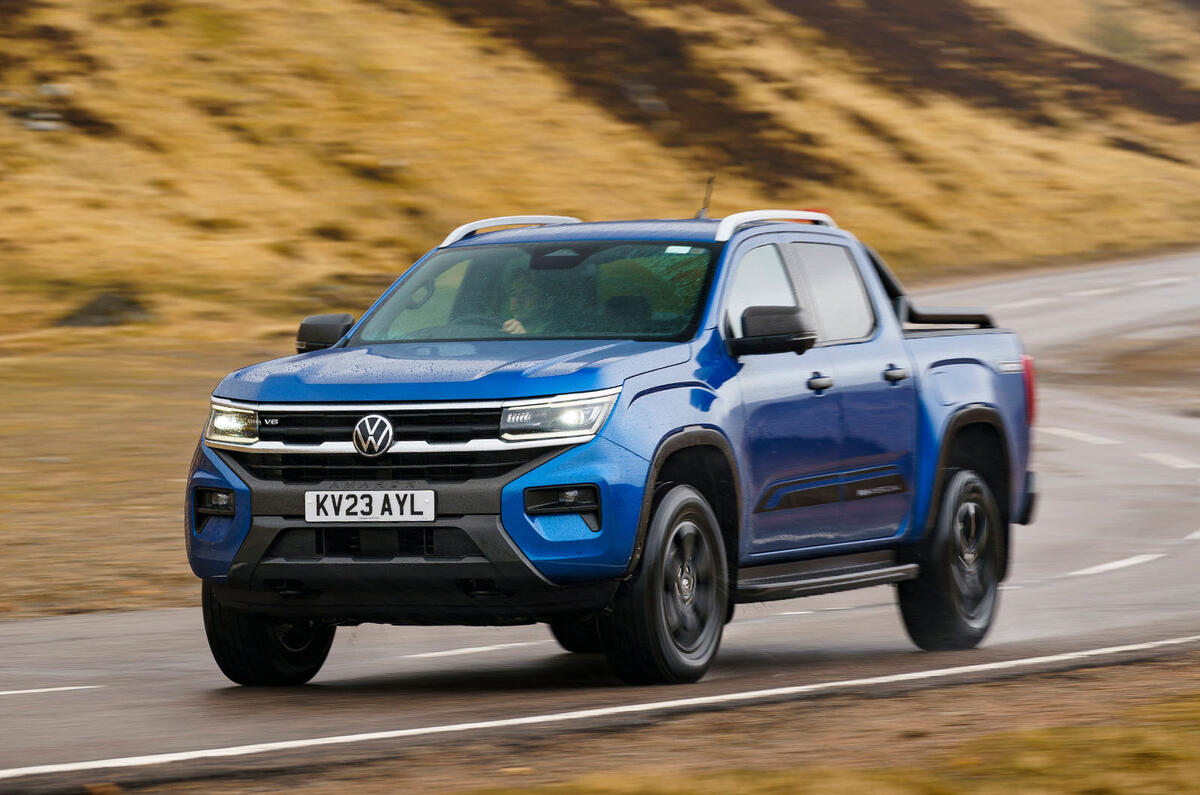
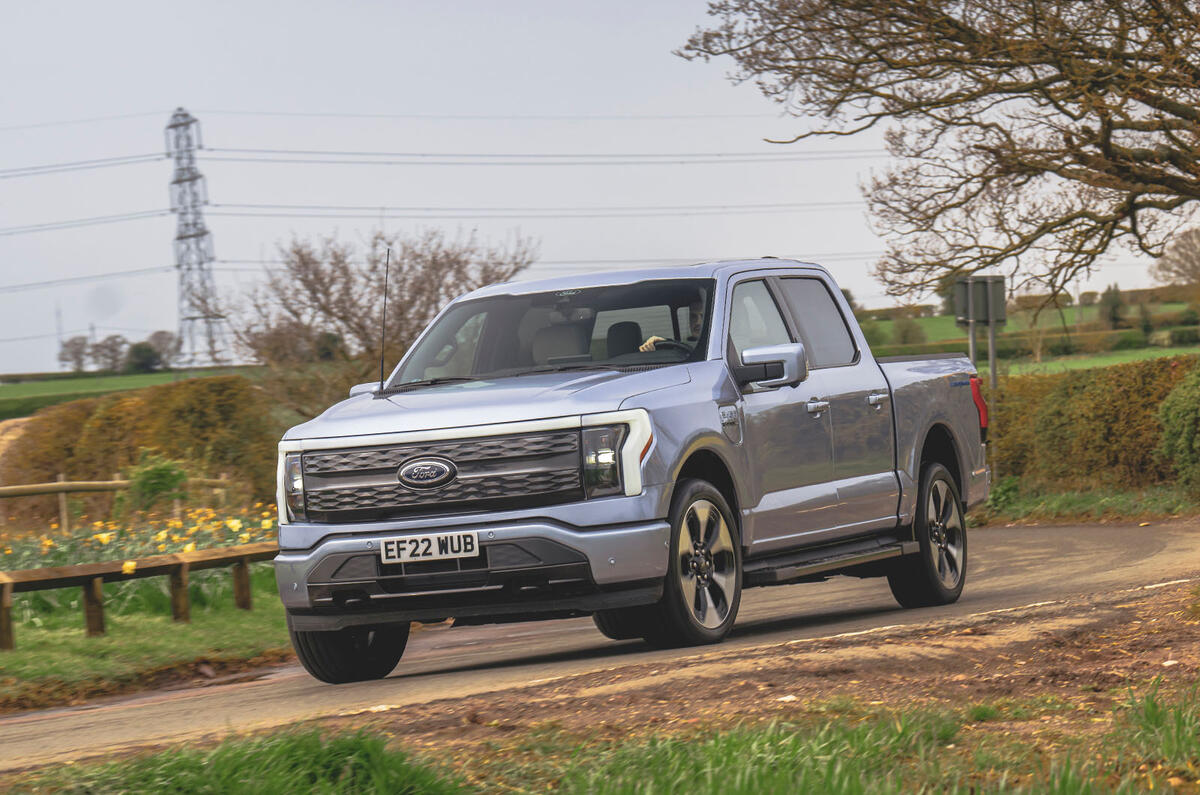


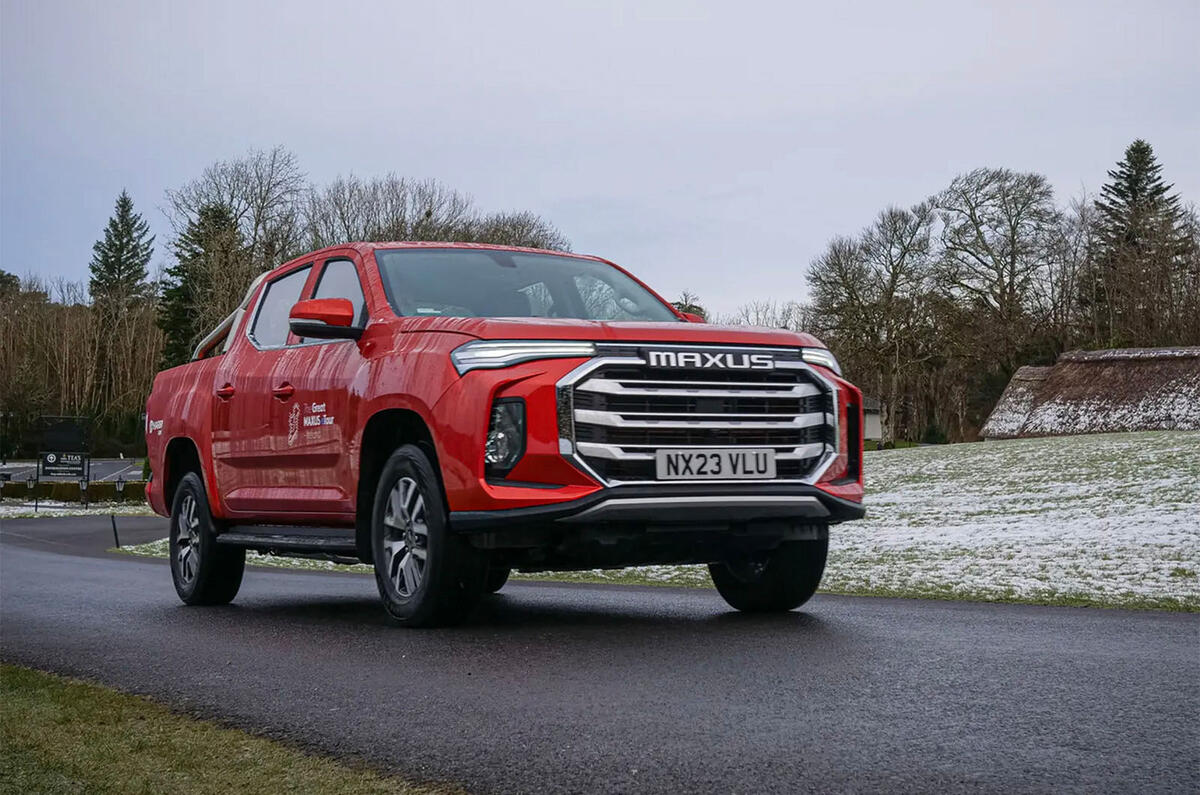

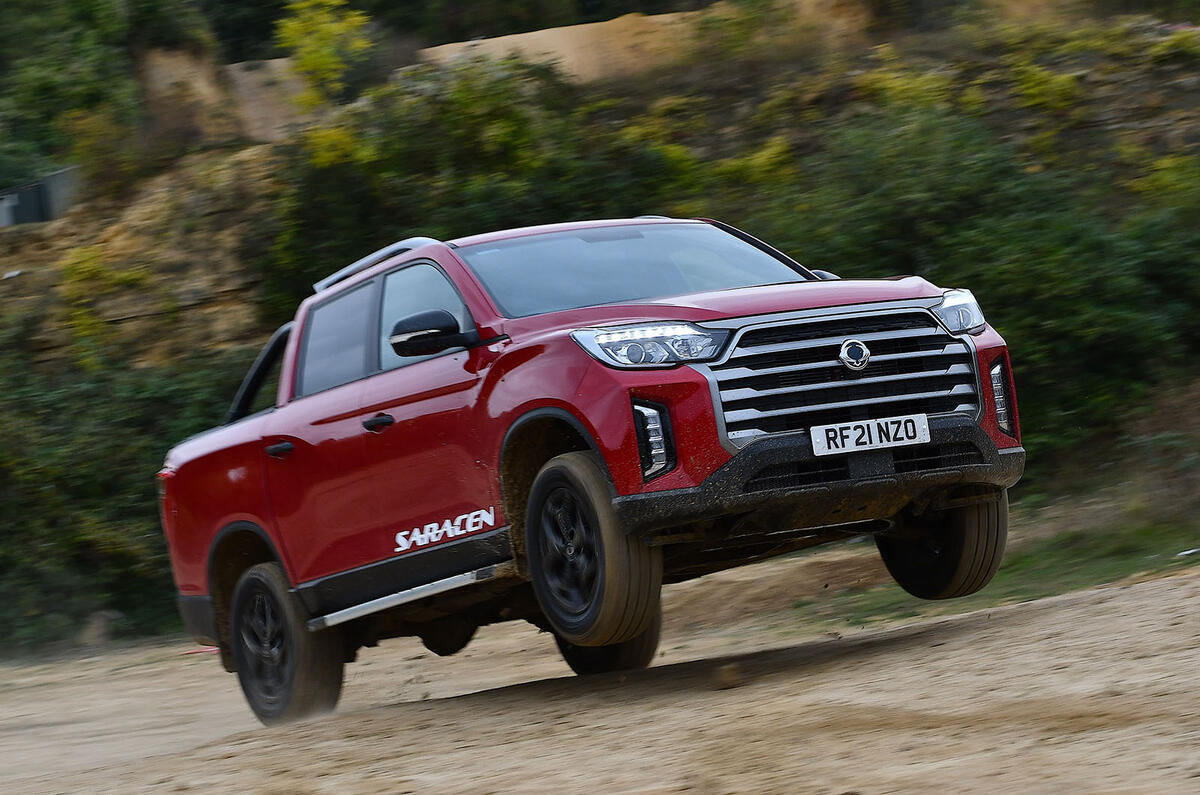
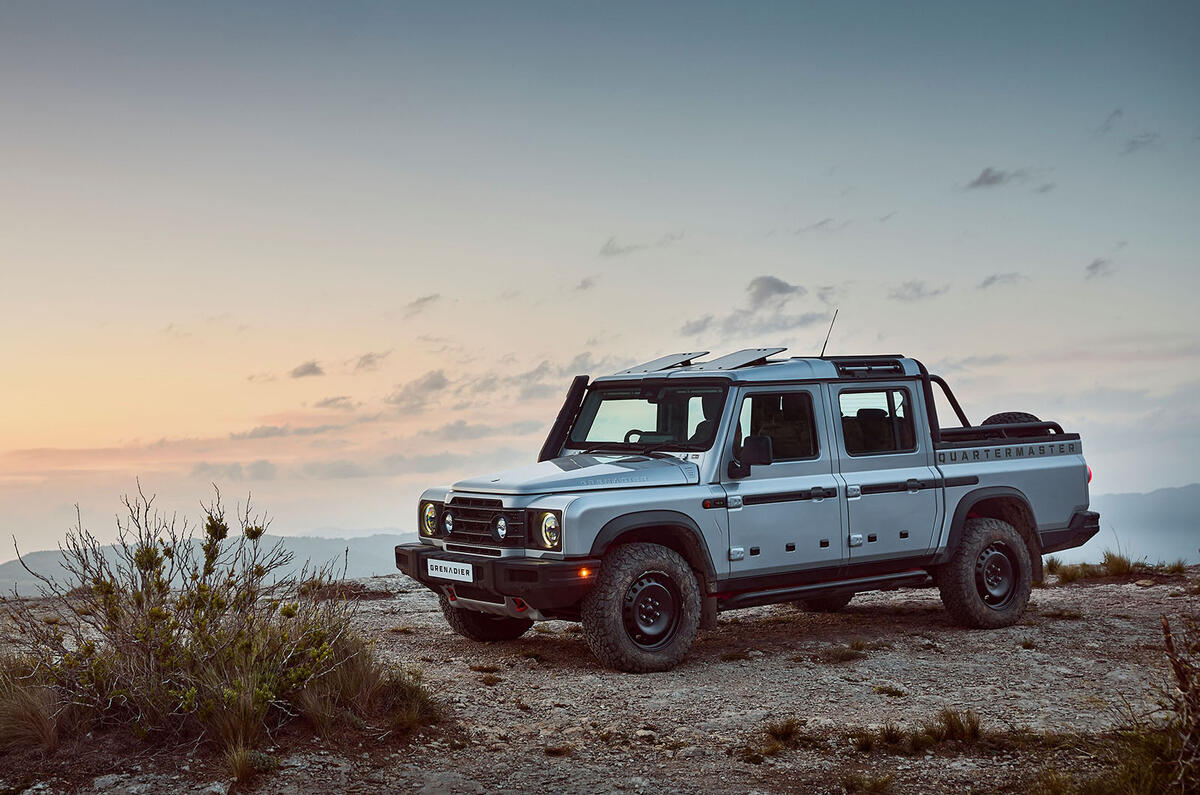
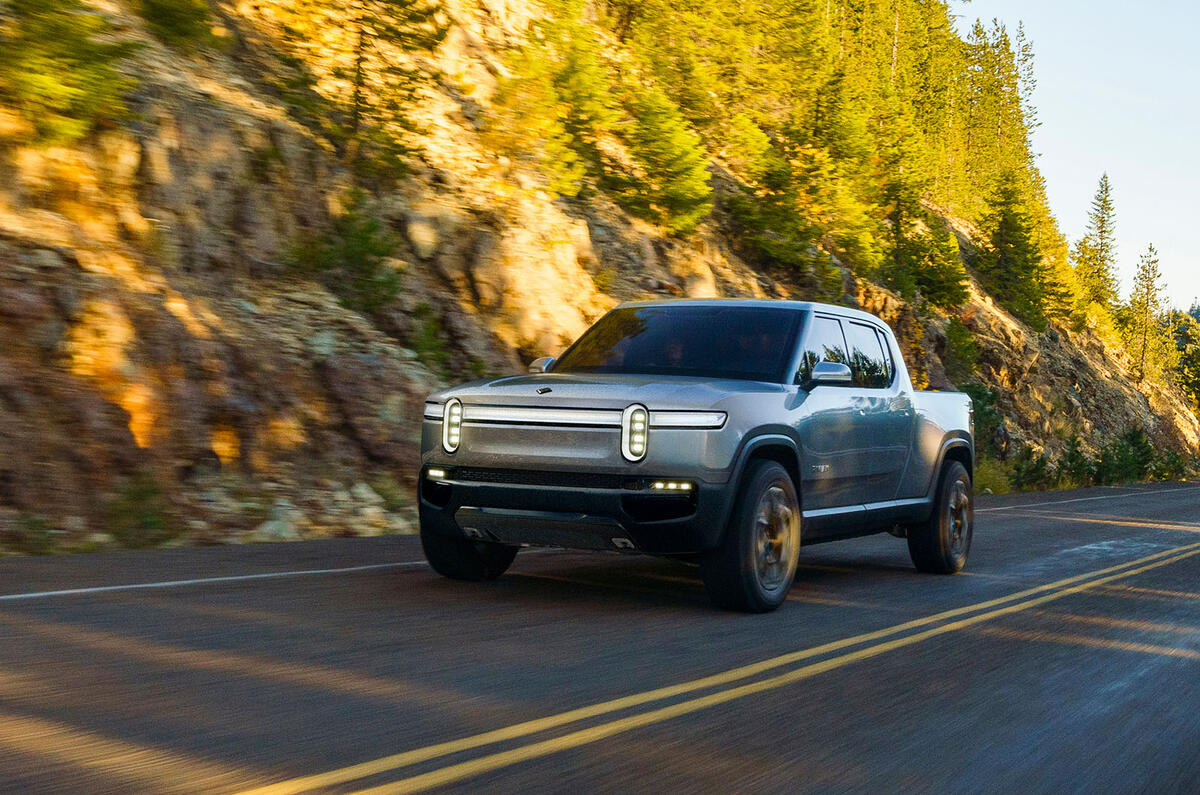

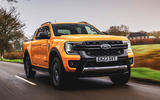













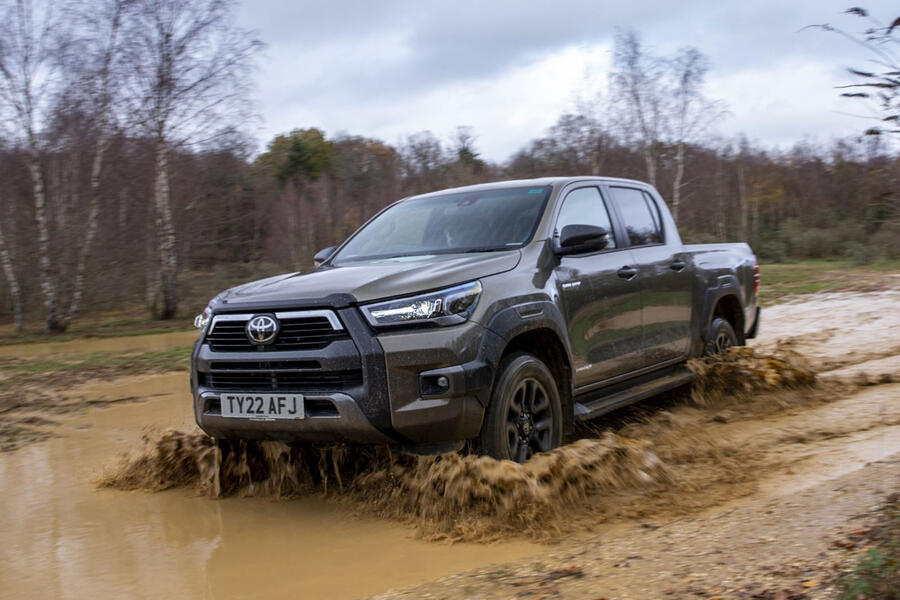

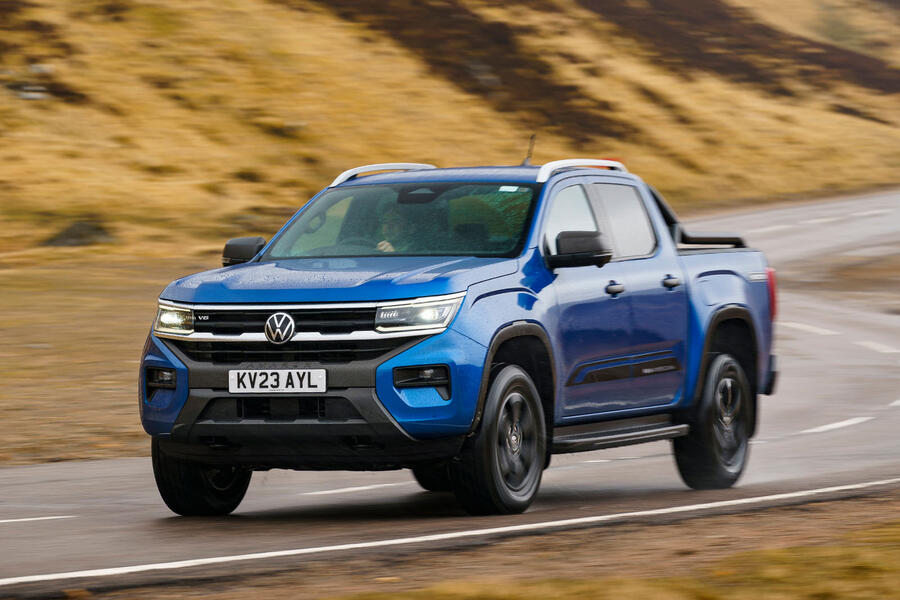
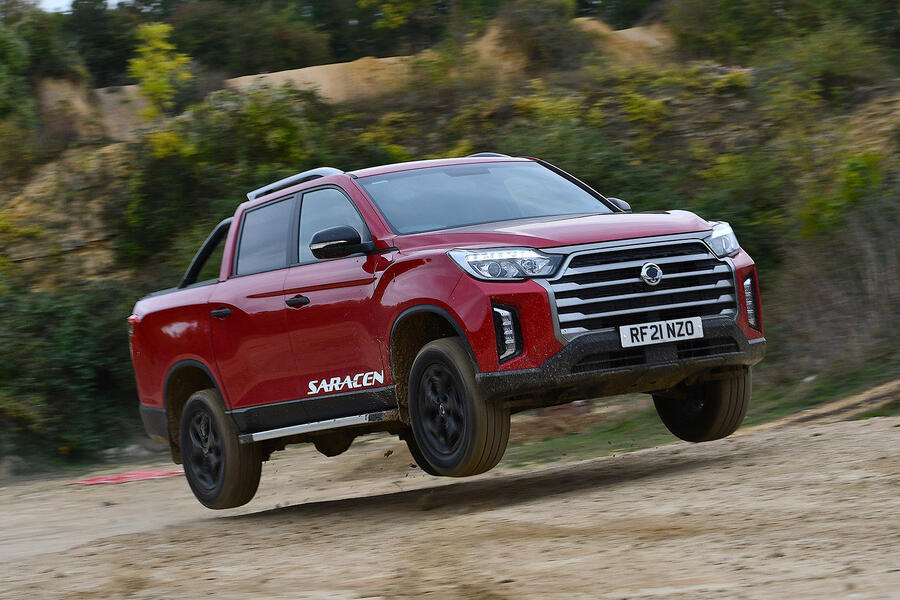
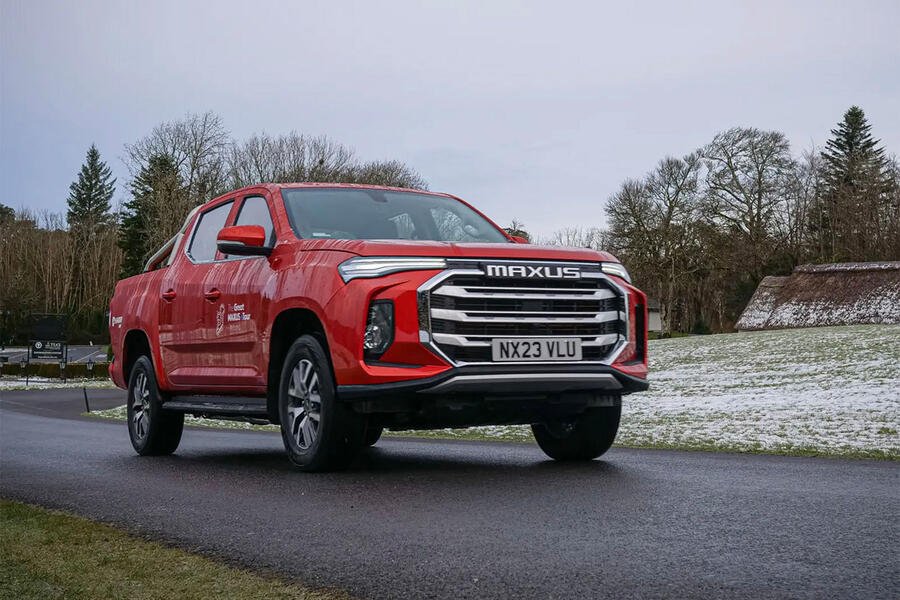
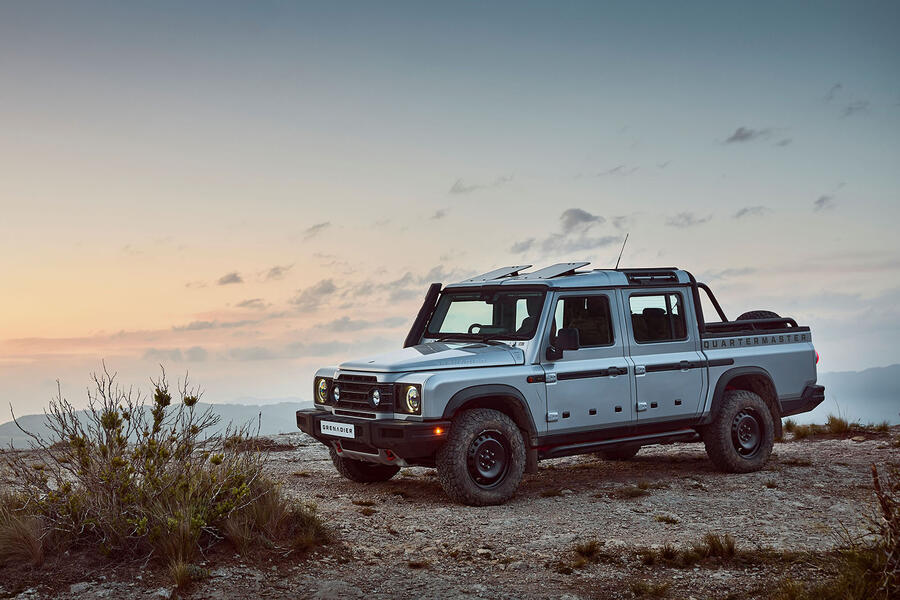
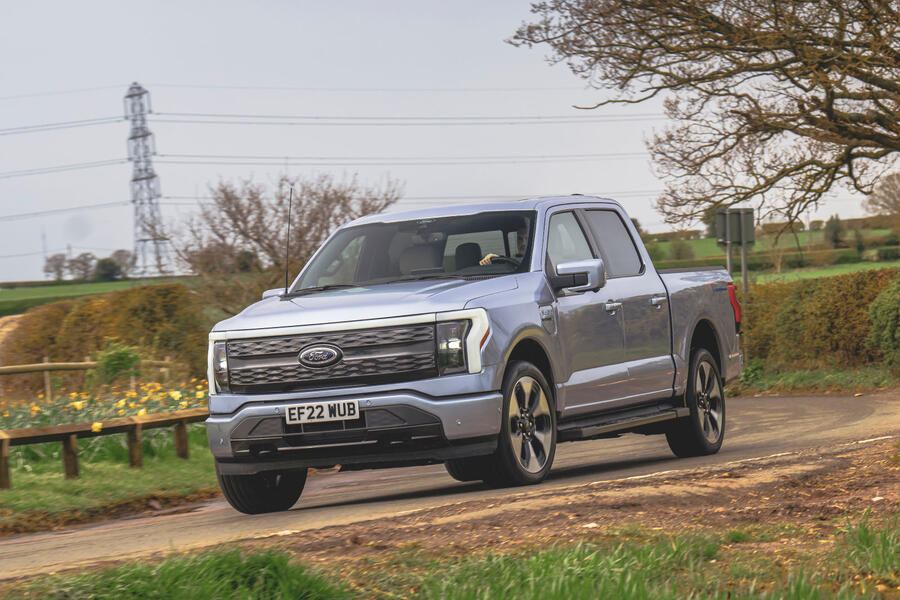
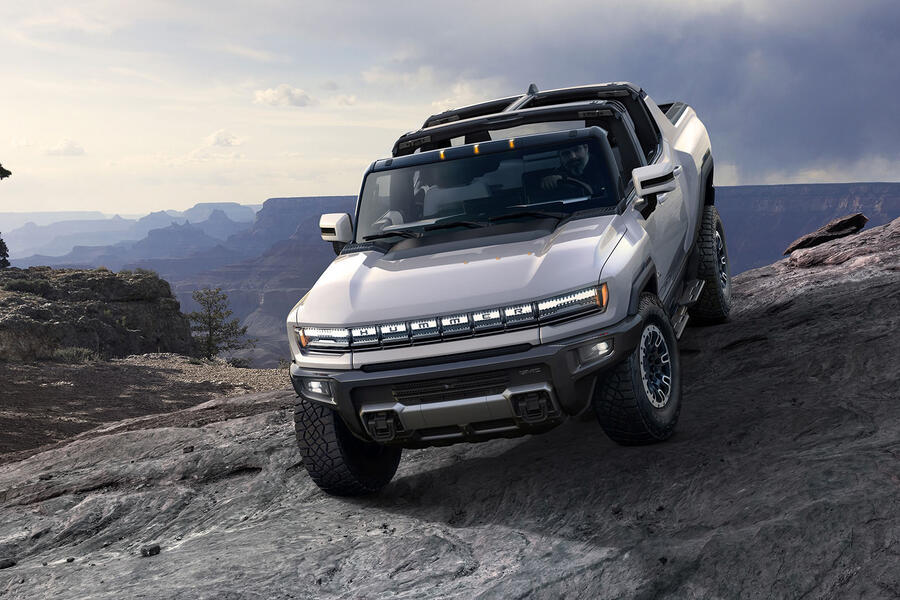
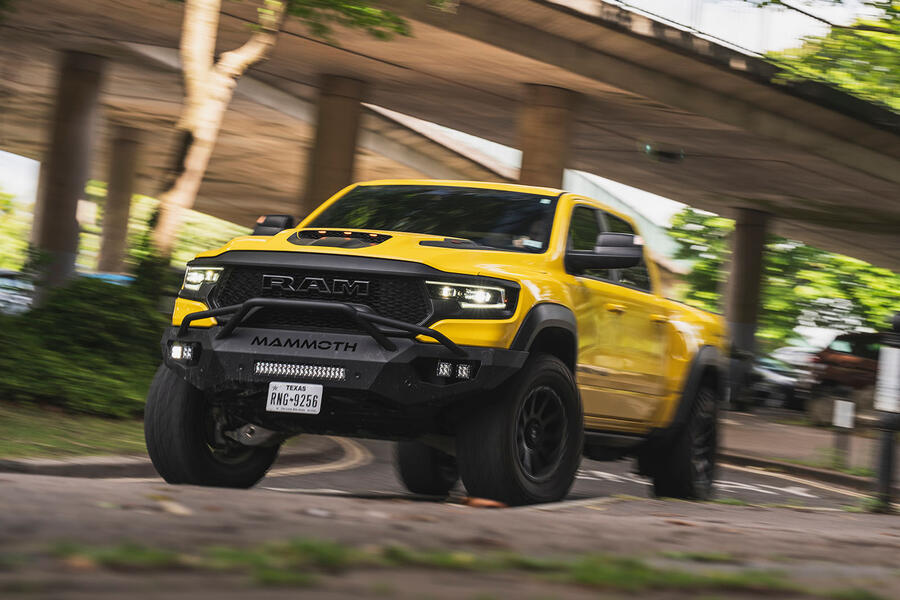









Join the debate
Add your comment
I am Ismael and I refer anyone who needs financial aid or general investors/business supporters to contact Mr paolo, Mr Paolo is a private lender and has offered me loans with very good rate.
Just curious why Jeep UK still hasn't bought the Gladiator here,since FIAT bought Jeep the model range has been reduced and sales have plumitted introduction of the pickup to the range could bring some punters back
This top ten is madness. Diesel pick-ups are obsolete and will be worthless as soon as the new generation of electric trucks arrive. For the sake of your wallet, keep running your old truck until the market switches to electric. Otherwise you will end up wth a stranded asset that no-one wants.
Do you apply this logic to everything with an engine? Electric isn't going to take over heavy-duty applications as quickly as you appear expect, people who actually use them as "workhorses" aren't going to risk any early adopter unreliability, and also may have insufficient charging capability.